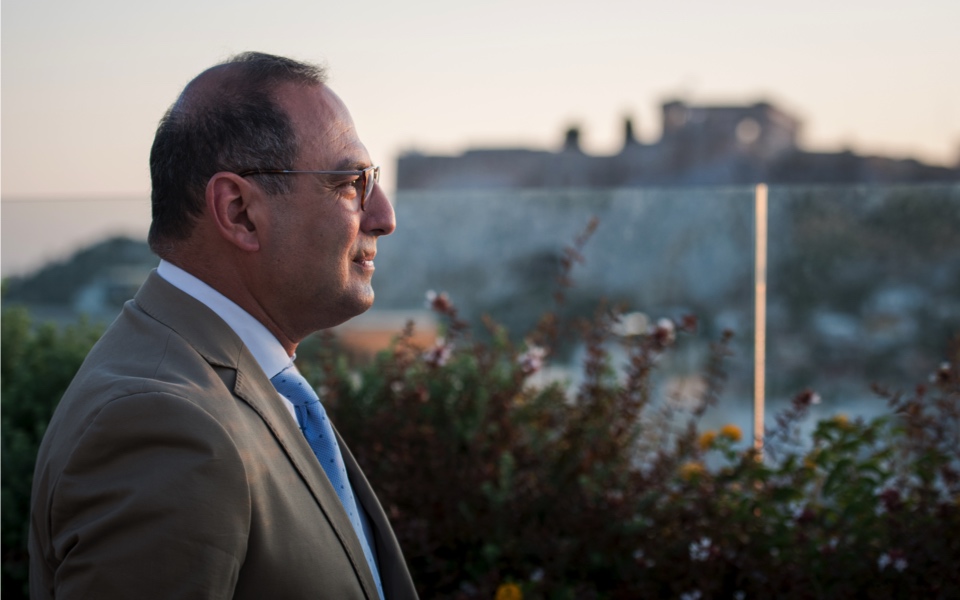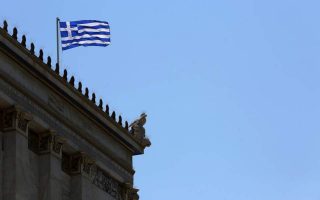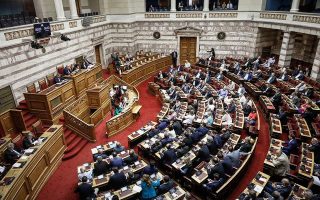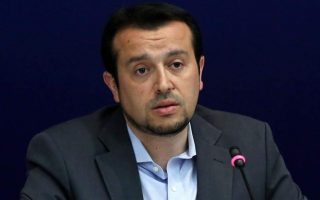Germany, Greece and diaspora perspectives

Four years has been far too long without the liberals in the Bundestag. Nevertheless, it proved enough time for the Free Democratic Party (FDP) to restart the party, renew its social contract and allow new, dynamic members to emerge and convey the liberal message across Germany and the whole of Europe. One exemplary case is Grigorios Aggelidis, a member of the Bundestag from Hannover. Born in Neustadt, the son of immigrants from Greece, Aggelidis represents the new and promising political staff of the liberal family. A banker, an active member of civil society and the president of FC Wacker, he entered politics to defend hope and freedom in what he considered a stagnant social environment. He joined the party in 2012 and five years later was elected a member of the Bundestag, where he currently serves as the vice chairman of the Committee on Family Affairs, Senior Citizens, Women and Youth.
On July 17, the Greek office of the Friedrich Naumann Foundation for Freedom had the honor to welcome him and his family in Athens, at a very special evening with distinguished liberal guests. In what was the first time a German FDP parliamentarian had addressed a Greek audience in some years, Aggelidis presented his views about the future of liberalism in Europe, his vision for Germany and the potential contribution to Greece from abroad.
He began his speech with a quote from Pericles’ Funeral Oration – “The secret of happiness is freedom, and the secret of freedom is courage” – to highlight the value of individual responsibility for social progress. Next, he said that the actual question is how Europe can give the opportunity to Greece to become a properly reformed, competitive state with a sound economic base and strong institutions. “If we provide the fertile environment, the people, the individuals, will find a way to thrive and prosper,” he added. Aggelidis underscored the importance of reforms in public administration and especially digitalization as the key to progress.
The second burning issue, and something that concerns Aggelidis personally, is to find a way to help Greek citizens and small and medium-sized enterprises in the country in ways that create new jobs and increase their income. “It took tough reforms and a change of mentality to make Germany what it is today, a great economy not only in Europe but also in the world, and this is what Greece should do,” he commented.
Later, he responded to many questions, especially from young people and alumni of the FNF Political Academy, about underemployment, economic development and the refugee crisis. In response to a question about what Greece should learn from Germany, he did not hesitate to point out the system of education.
The next day, Aggelidis was invited to a prime-time state radio talk show for a discussion with journalists Konstantina Dimitrouli and George Pikoulas. When asked if Germany serves as a European Union bugbear, he answered a clear “no,” explaining that nobody would align with its proposals if they weren’t well reasoned. “We can, however, discuss whether some of the implemented policies [during the years of the crisis] were right or wrong, and I believe that some of them were wrong,” he added. At some point, he was asked to define liberalism, given that in many countries, including Greece, there are some misconceptions about it. He argued that the core liberal idea says that people are responsible for their own fate but a strong state, with fair rules, is needed to provide the framework. This state also has the responsibility of helping the weak citizens in a constructive way, he concluded.





